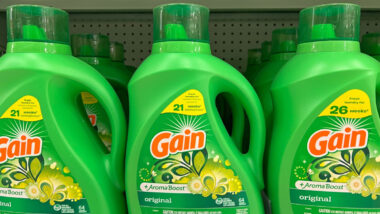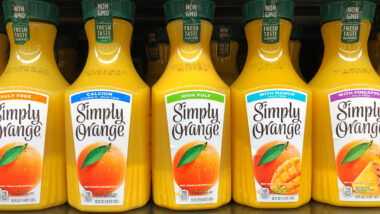
Designed to prevent identity theft, FACTA dictates strict rules that every store printing electronic receipts must take seriously. Retailers are allowed to print only the last five digits of a credit card or debit card number on an electronic receipt. The receipt should never indicate the card’s expiration date.
Printing only up to the last five digits of a card number on a receipt is known as PAN (personal account number) truncation.
The goal is for FACTA-compliant receipts to provide enough data to make the transaction identifiable to both the consumer and to the retailer in case a return or refund is needed down the road, but not enough information to benefit an identity thief.
Retailers that depend upon a third party company to keep them in FACTA compliance could unknowingly be violating FACTA laws after an electronic update that leaves them vulnerable. If the store’s point of sale system prints a full credit card number on a receipt when in the past, that retailer has printed receipts with abbreviated card numbers, an update has probably skewed the system.
Full Credit Card Number on Receipt Leaves Consumers Vulnerable
When a full credit card number on a receipt is printed for all to view, the consumer’s credit card account is left vulnerable to potential fraudsters.
“Credit card numbers on sales receipts are a ‘golden ticket’ for fraudsters and identity thieves,” according to the Federal Trade Commission.
The FTC can enforce the laws when retailers fail to comply with FACTA regulations. Civil penalties and injunctive relief are possible outcomes for failing to follow FACTA.
FACTA also has a citizen suit provision that allows affected consumers to bring a civil claim for FACTA violations. A merchant who violates FACTA can be responsible for statutory damages of $100 to $1,000 per violation. Those damages are awarded to a consumer who can prove the merchant knowingly or willfully committed the violation.
The FACTA truncation rule does not apply to a handwritten receipt or one printed from an impression machine. FACTA laws regarding the full credit card number on a receipt only apply to electronically generated receipts, as are printed in most retail stores today.
If you have shopped anywhere and can see your full credit card number on a receipt, you could have legal recourse against the offending retailer. An attorney well-versed in FACTA can advise you of your legal rights and options to prevent you from experiencing the travesties of identity theft.
Free FACTA Class Action Lawsuit Investigation
If you made one or more purchases and the retailer provided you with a receipt that contained more than the last five digits of your credit or debit card number or the expiration date, you may be eligible for a free class action lawsuit investigation and to pursue compensation for these FACTA violations.
ATTORNEY ADVERTISING
Top Class Actions is a Proud Member of the American Bar Association
LEGAL INFORMATION IS NOT LEGAL ADVICE
Top Class Actions Legal Statement
©2008 – 2024 Top Class Actions® LLC
Various Trademarks held by their respective owners
This website is not intended for viewing or usage by European Union citizens.














